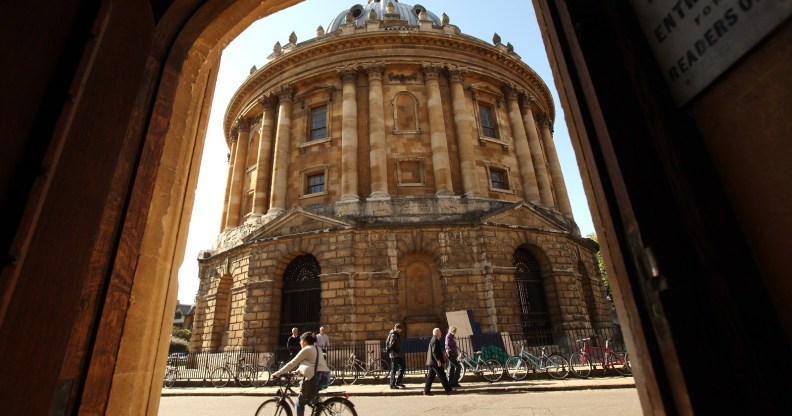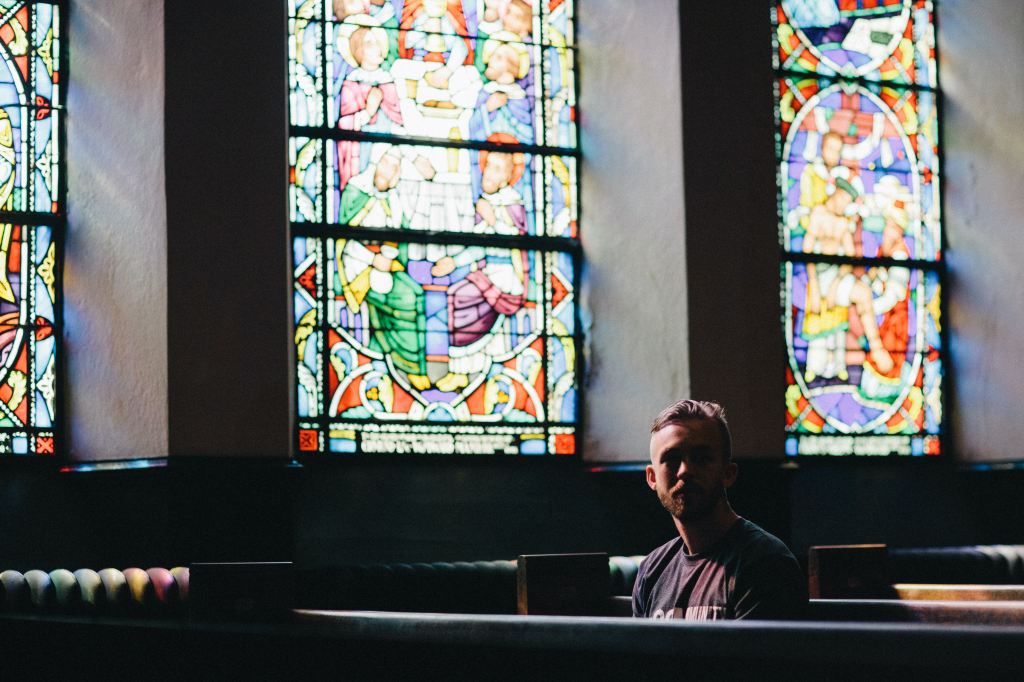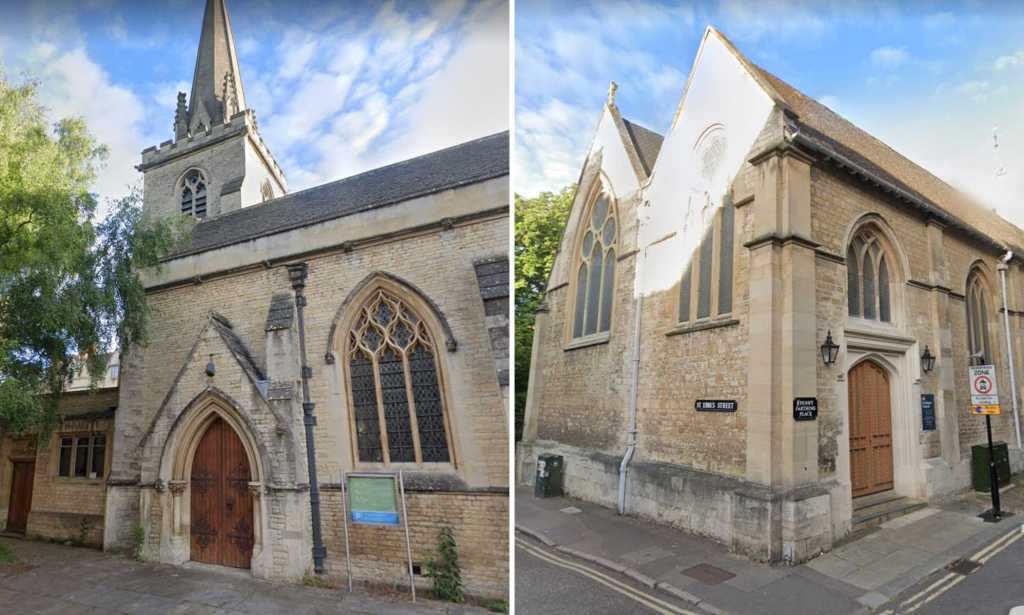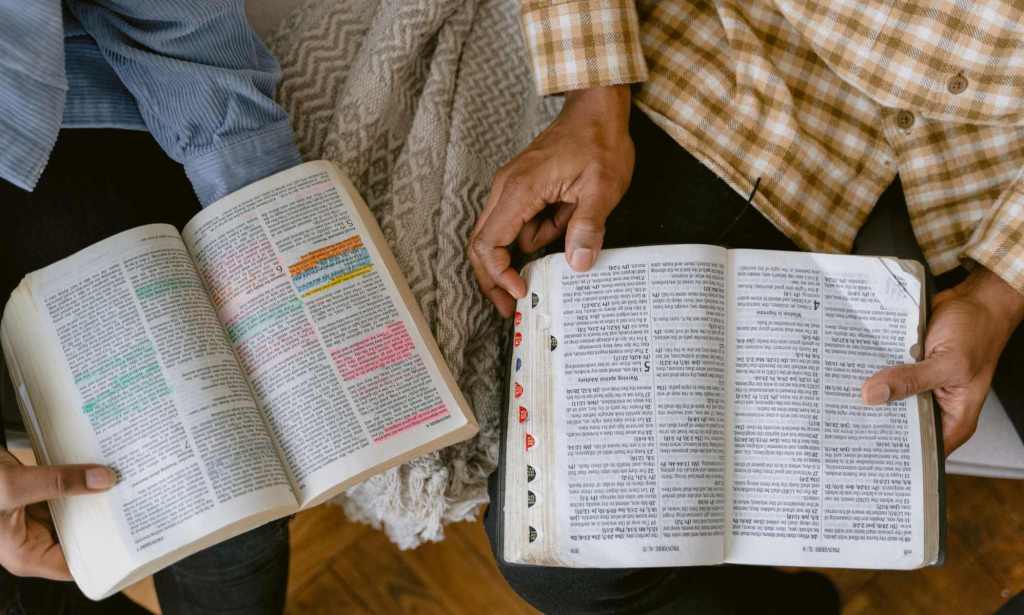Oxford student research exposes widespread homophobia across city’s churches

Oxford university. (Credit: Getty Images)
A group of students at Oxford University have exposed the secretive, abusive and deeply homophobic and transphobic teachings employed by some churches in the city.
The student team behind Oxford Faith Action, which published an in-depth report into churches’ theology on Friday (22 September), worked on the project to give members of the community, as well as current and future students, clear information about the views churches hold and so prevent “traumatising” experiences.
“It is worrying that, for so long, students in Oxford have unwittingly entered the life of churches where they are initially welcomed, only to find that their LGBTQ+ identity is not,” the group said.
“We watch as LGBTQ+ students are drawn into these churches, only to encounter theology, policy and practice which oppose their queer identities and ask for repentance of their gender identity or sexuality.”
Speaking to PinkNews about the project, the team – who are not being named for their own safety and wellbeing – said the report has been in the works since 2020, after team members realised current lists of inclusive churches were “not enough to keep people safe”. There was a need for a list of churches “doing the harm” too.
“They wouldn’t know whether or not a church was dangerous for them unless they actually went to it,” Alex (not their real name) told PinkNews.
“They would only know, if using the information we provided them, which churches were openly affirming of LGBTQ+ identities and relationships. We decided to signpost churches where there is a higher risk of harm for people who identify as LGBTQ+.
“That can come in the form of conversion therapy, or of being welcomed into a community where LGBTQ+ people are actively encouraged to make close friendships, close connections and really integrate into the life of the church – only to later find out that this church actively preaches against a part of their identity or their relationships, and believes wholeheartedly – or behind the scenes – that the LGBTQ+ person will be condemned to hell.”

The students worked through the summer to create a comprehensive profile of each Oxford church which was then ranked on a one-to-five traffic-light system, where one is considered the least inclusive of LGBTQ+ people – “probably a church where there is public teaching calling homosexuality sinful”, the report says – and five being the best.
Within these profiles, the beliefs and teachings of each church was researched. Responses – or lack thereof – were included from a self-report survey on the church’s theology, which the students sent out, and from first-hand anonymous testimonies.
The profiles are a mix of public information, alongside personal experiences, and more secretive teachings and practices.
“We know many LGBTQ+ people who are broken, deeply wounded, whose lives have been shattered by the theology and pastoral practices of some city churches,” the report reads. “There is a need for accountability to lead such churches and leaders to repent.”
In the report, a number of churches are named and shamed for holding actively hostile attitudes towards the LGBTQ+ community, with historical evidence of their campaigning against equal rights and seeking to alter people’s sexuality.
Of the 29 churches ranked, 13 were given the lowest rating and these include the historic St Aldates Church and St Ebbe’s Church in the city’s centre.
St Aldates failed to respond to the survey but its profile contains a raft of negative testimonies and historical evidence of campaigning against LGBTQ+ relationships and identities.
This includes associate minister Simon Ponsonby’s podcast, Unscripted, which implies that sex outside a “life-long [marriage between a] husband and a wife [is an] impurity”, anonymous testimony of the church hosting a “pray away the gay” conference in 2006, and trans congregant, Chrissie Chevasutt, alleging she suffered “psychological marginalisation and discrimination” from the church’s leadership team.
PinkNews contacted St Aldates for a response to the allegations but they failed to reply.

St Ebbe’s also failed to return the survey, but apologised for not doing so. However, the church and its leadership has been described by Oxford Faith Action as “outspoken in their beliefs on the impurity of same-sex marriage, relationships and LGBTQ+ identity”.
Examples cited in the report include that last year, six of 18 Oxford signatories to a letter responding to the government’s conversion therapy ban proposals were from the church’s leadership, and, in 2003, the current rector, canon Vaughan Roberts, sought to block the appointment of canon Jeffrey John, who described himself as a “celibate homosexual”, as Bishop of Reading.
Roberts claimed the appointment would go against Biblical teachings.
A spokesperson for the church told PinkNews: “We are very sorry to hear of anyone who has not had a positive experience of St Ebbe’s.
“We welcome a very wide range of people to our church, including those who are LGBTQ+, and desire nothing more than to see them grow in their knowledge of God in Christ.”
Other churches, however, replied to the survey and have a marked history of LGBTQ+ affirmation.
St Columba’s United Reformed Church, also in the city centre, is described in the report as “a welcoming and inclusive church with a strong focus on making LGBTQIA+ members feel accepted and respected”.
Oxford Faith Action ‘shocked’ by some churches teachings
Speaking about the research the students carried out to bring the project to life, Morgan (not their real name) said they and other team members were “shocked” by the “graphic” content of some of the teachings they uncovered.
They described a sermon at one church, which was found “buried online”, as “so vile” that they believe it could stray “into hate-crime territory” and would breach various codes of conduct if “the diocese looked at it”.
Morgan went on to say: “Even the churches we knew were bad, I didn’t expect some of it to be as graphically bad as it has been.”
Alex said: “All the churches that were ranking as ones and twos, none of them responded to our survey.
“None of those churches market openly that they are non-affirming of queer identities. What they do market is that ‘everyone’s welcome’, ‘we welcome all’, and ‘everyone can come’.
“So, what you get is a massive influx into these churches, where people have no idea what they think.”
Touching on what they hope the project will accomplish, Oxford Faith Action said they want to see “more honesty”, so that everyone, students or otherwise, can make informed decisions about whether to attend religious services there.

Many churches do not even seem to see queer people as a vulnerable group, who are at risk of harm.
“There is a long list of people whose lives have been have been impacted by churches because of the safeguarding,” Alex pointed out, “and if that’s going to keep happening, then we need to change something about the way that safeguarding works in churches.”
If you have been affected by any of the issues discussed in this story and require welfare support, you can contact Oxford Faith Action who will put you in touch with a queer-affirming chaplain. Email [email protected] or message the team on their social media pages found @oxfordstudentfaithaction.
For crisis support, call the Samaritans on 116 123. For Galop’s helpline supporting LGBTQ+ individuals facing abuse of any sort, call 0800 999 5428.
How did this story make you feel?

